Abstract
Aims
Individuals with type 1 diabetes (T1D) are at an increased risk of chronic kidney disease making estimation of glomerular filtration rate (eGFR) an important component of diabetes care. Which eGFR equation is most appropriate to use in patients with T1D during the transition to adult care is unclear. We, therefore, sought to evaluate the performance of five eGFR equations in adolescents and young adults with T1D.
Methods
Measured iohexol-based glomerular filtration rate was compared to the Chronic Kidney Disease and Epidemiology Collaboration (CKD-EPI) eGFR, Chronic Kidney Disease in Children (CKiD) eGFR, and three recently developed age-adjusted versions of these in 53 patients with T1D and preserved GFR using bias, precision, and accuracy.
Results
The best performance was found in the sex-dependent CKiD equation (bias: −0.8, accuracy: 11.8 ml/min/1.73 m2). Bias and accuracy (26.4 and 26.8 ml/min/1.73 m2) were worst in the CKD-EPI equation. Age-dependent adjustment improved performance for this equation (bias: 5.3, accuracy: 13.4 ml/min/1.73 m2), but not for the CKiD equation (bias: 15.5, accuracy: 18.8 ml/min/1.73 m2).
Conclusion
Age-adjustment improved performance for the CKD-EPI equation, but not for the CKiD equation. The sex-adjusted CKiD equation performed best out of all equations.
Gaebe K, White CA, Mahmud FH, Scholey JW, Elia YT, Sochett EB, Cherney DZ
Journal of Diabetes and its Complications
Published 2021
Research Project: AdDIT
Connect with us!
Subscribe to learn more about what we do, why it matters, and how you can get involved!




